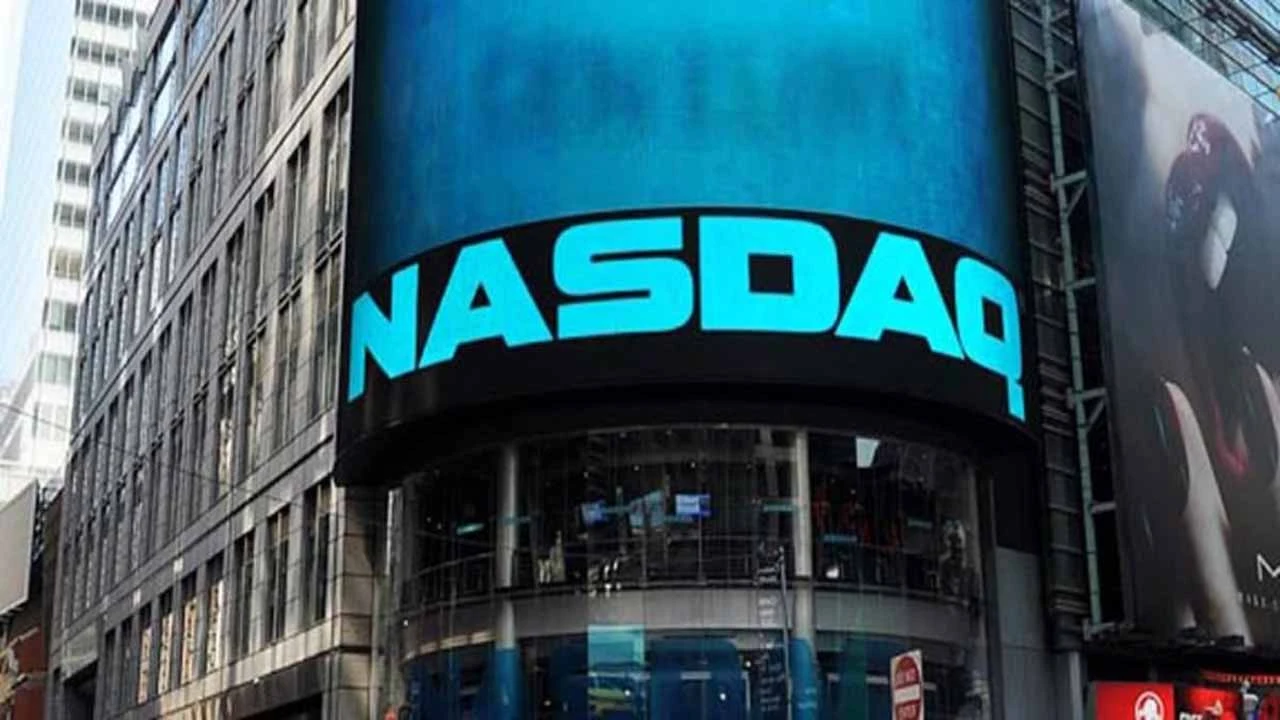(You can have cannabis finance content such as this delivered directly to your inbox. Simply sign up here for our weekly MJBizFinance newsletter.)
One of the big attractions of listing on a public exchange is increased access to capital.
One of the drawbacks, however, is mandatory compliance with additional securities requirements.
For example, Quebec-based Hexo Corp. was notified by the Nasdaq on Jan. 25 that it was not compliant with the minimum bid price ($1 per share) for continued listing on the exchange.
Hexo, for its part, is trying to reduce the number of shares outstanding in order to boost the per-share price via a share-consolidation scheme.
But that helps with the accounting only for the time being. It doesn’t address the issue of Hexo’s share price plummeting over the past six months.
If you want to play in the public market, you have to know that you are at the public market’s mercy as well.
Stocks can fluctuate wildly, and there’s only so much control a company can exert directly to change that.
That control pretty much lies with how you operate your business.
As we’ve noted before, investors in cannabis companies have become more serious about the foundational aspects of your business. They no longer simply believe in your dream; they want data to back it up.
We’ll likely see more cannabis companies that rushed to list on public exchanges face similar compliance challenges – at least until the industry has more options to access funds.
So what can you do?
Be a good business. Keep solid financial records, have transparency with investors and build your strategic plan on a solid foundation.
Get yourself a solid team that understands the nuances of cannabis compliance (Section 280E, anyone?) and keep your company on the right path.
If you want to play in the mainstream business world, as many cannabis operators are trying to do, you have to play by the rules of the mainstream business world.
The learning curve for entering the cannabis industry is steep. Start with the fundamentals.
MJBiz Cannabis 101 Email Course
A 10-part email course designed to educate new hires and aspiring professionals on the key fundamental areas of the legal cannabis industry, including:
- History of legal cannabis in America
- Overview of plant-touching + ancillary business sectors
- Cannabis finance and investing
- Cannabis marketing and brand building
- Employment + hiring opportunities
- And much more!
Gain a comprehensive understanding of this complex industry with this free resource.
Deal of the Week / In partnership with Viridian Capital Advisors
Flexibility comes with a price
Oakland, California-based Harborside (CSE: HBOR; OTCQX: HBORF) last week closed the first $45.35 million tranche of its $77.3 million financing with Pelorus Equity Group.
Part of this financing, originally announced Nov. 30, 2021, will be used to replace a low-interest loan the cannabis company acquired a year ago.
Why would a company want to pay more for money?
Deal details
This two-tranche loan supports Harborside’s acquisition of Urbn Leaf Holdings and Loudpack JV Corp., which are expected to close on or around March 2022, subject to a shareholder vote.
The loan also will retire existing debt and provide working capital for the continued growth of the individual companies.
After the merger, Harborside will change its name to StateHouse Holdings.
- The rate on the new loan is 10.25%. The maturity of the loan was not disclosed.
- The advance from the first tranche is divided among the three entities, with Harborside receiving $15.4 million directly and Loudpack and Urbn Leaf accounting for $16.4 million and $13.5 million, respectively.
- The second tranche ($33.95 million) will be advanced to StateHouse after the merger closes.
- The acquisitions of Urbn Leaf and Loudpack will be all-stock deals. After the deal closes, Harborside, Loudpack and Urbn Leaf will own 35%, 29% and 26% of the combined company, respectively.
Why is this interesting?
As noted above, Harborside will use $12 million of its proceeds to repay a bank credit line that it closed in March 2021.
That deal was announced with great fanfare because of its headline status of being one of the first cannabis loans from a federally insured bank (rumored to be East West Bank) and because of its eye-popping rate of 5.75%.
Now, such rates are never quite what they appear in cannabis.
The loan had an original-issue discount, interest reserves and warrant coverage, but Viridian Capital Advisors still calculated the effective rate at only 7.7%.
Why pay off such cheap financing?
One word: flexibility.
The secret to the low rate was the tremendous over-collateralization of the deal.
Harborside’s market cap at the end of June 2021 was $117 million on a fully diluted basis. Add in $12 million of total debt, and the market estimate value of Harborside assets is $128 million.
Using all assets as security, as the deal noted was being done, equates to a 10.8X collateral-to-loan.
In contrast, the Pelorus loan is secured by “certain real estate assets and cannabis licenses of (Harborside), Urbn Leaf and Loudpack.”
The structure of the first tranche ensures Pelorus a reasonable loan-to-value ratio – even if the deal does not close for some unforeseen reason – by dividing it among the operating subsidiaries.
Preliminary analysis of the credit quality of the combined entity, using the Viridian Credit Track model, makes the rate of 10.25% look appropriately priced.
The combined entity will be one of the largest vertically integrated operators in California, with the potential to consolidate the industry further.
The current consolidators are strong potential acquisition candidates themselves as larger multistate operators finally get more active in the state, meaning Harborside could be acquired by a larger entity in one to two years.





